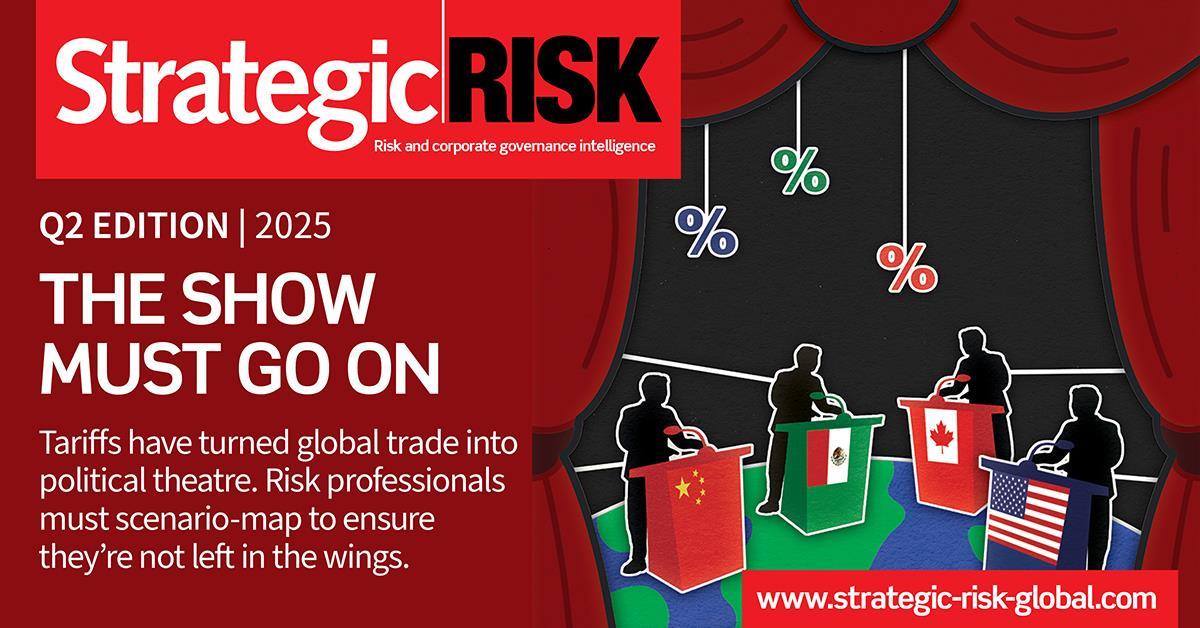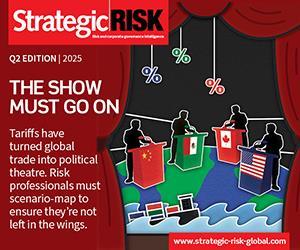As tighter regulation comes into play, firms must extend their focus around ESG internally and within their wider value chain
A report by global law firm Dechert and global advisory firm StoneTurn indicates that organisations which adopt and embed ESG factors into their business strategy are more likely to create value and accelerate growth, while minimising their legal and regulatory risks.
The report, based on three events held by Dechert and StoneTurn and a pulse survey of executives in attendance, discusses the impact of ESG across business and the evolving regulatory and legal environment.
It shows that integrating ESG and continually reassessing an organisation’s ESG strategy is a future-proofing investment that can create value, drive cost reductions and increase productivity and growth, with the potential to be a powerful business force for good.
Demonstrable action needed
With tighter regulation coming into play and stakeholder and activist groups demanding increased ESG accountability, the report emphasises that companies must demonstrate real action now on issues including sustainability and supply chain due diligence.
The pulse survey indicates that many firms have some way to go to meet these increased demands.
It found that fewer than one in three respondents say their organisation has carried out a risk assessment to identify ESG risks in their supply chain in the past two years, while 60% failed to integrate ESG due diligence into wider compliance measures.
Failure to act
The report highlights how a failure to embrace and embed ESG into an organisation’s strategy and processes could have serious financial and reputational consequences, which may include litigation, regulatory action, and the restriction of access to capital as lenders start to charge higher premiums and interest rates to organisations with poor ESG risk rating.
Markets are also responding, with stocks that have positive ESG ratings driving share price and dividend growth.
Matthew Banham, a partner at Dechert specialising in corruption, fraud and financial services regulatory enforcement, explained: “Integrating a clear and robust ESG strategy will go a long way to ensuring that businesses do not run afoul of tighter regulations, thereby minimising the potential for litigation, as well as meeting the demands of both stakeholders and activist groups for increased accountability.
”This should result in better governed organisations that will preserve their value and ensure their viability in years to come.”
Culture is vital to success
The report identifies key considerations and offers practical advice on how to maximise the success of ESG business commitments, including emphasising that a values focused business culture permeates an organisation to enable a positive environment for change. Points include:
- Strong direction, a robust tone from the top and ethical commitment from business leaders, reinforced by aligned corporate governance support businesses in delivering sustainable priorities.
- Businesses should rethink corporate purpose and the enabling culture of the organisation, so that everyone is clear about what is the ‘right thing’ to do. Only 43% of pulse respondents said this was the single biggest driver of change, which indicates that over 50% see ESG as only a compliance or regulatory initiative.
- Navigate and identify the evolving regulatory landscape as the scope of reporting expands to cover areas such as environment, nature, human rights, anti-corruption and bribery, and diversity – within organisations and across their stakeholders and value chains.
- Shine the ESG spotlight on all relationships: parent, subsidiary, and contracting third parties. Although courts are traditionally reluctant to ‘pierce the corporate veil’ and find a parent liable where it was not a party to the contract in question, recent case law indicates that, when the facts are right, courts will be more willing to extend potential liability to parent companies.
- Integrate ESG into an organisation’s existing risk and compliance framework and establish accurate and reliable data gathering processes for essential ESG-related metrics.
Tracey Groves, partner at StoneTurn, commented: “Culture and good corporate governance can make or break an organisation’s ability to deliver on their strategic ESG priorities.
”Engaging the whole business in not just what needs to be done, but why it matters and how it aligns to the values and purpose of the organisation, will be critical to securing buy-in and commitment to doing the right thing from all stakeholders.
”An enabling and empowering culture does not happen by default, it must be designed and shaped with intention and purpose.”
World@RISK: ESG & climate Change Forum 2022 - new speakers announced for 15 November
- 1
- 2
- 3
- 4
- 5
- 6
- 7
- 8
- 9
 Currently reading
Currently readingPrioritising ESG improves legal, regulatory risk
- 10
- 11
- 12
- 13
- 14
- 15
- 16
- 17
- 18






































No comments yet